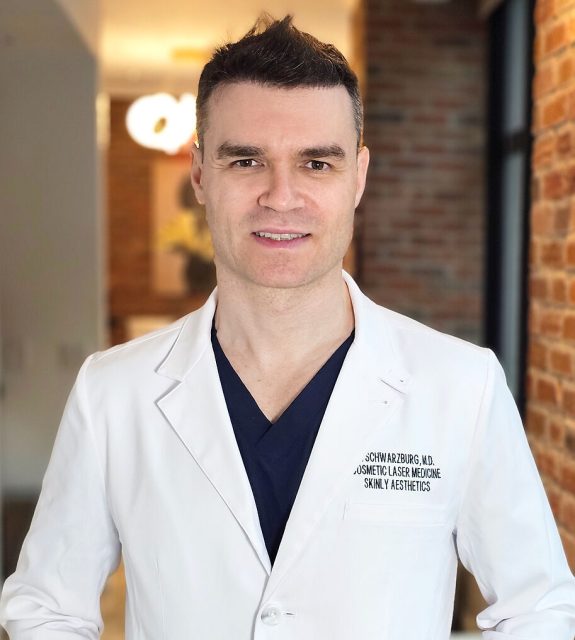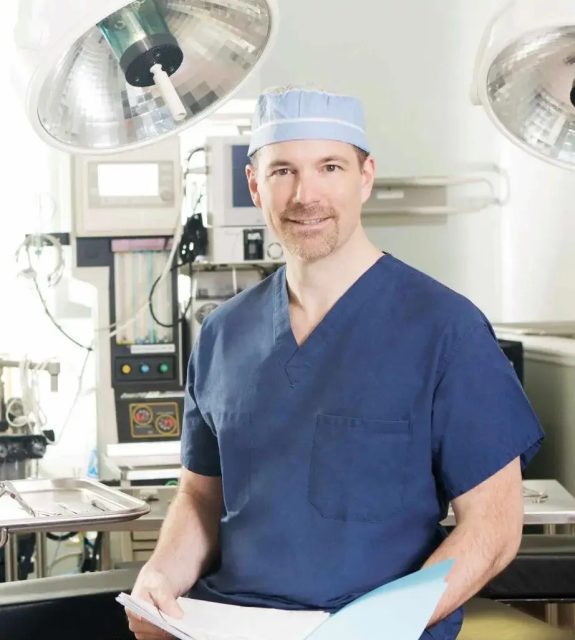Although bikini season is wrapping up, looking your best is a year-round goal for most. If you find you have unwanted fat on your body you might be unsure about the best option for getting rid of it. When the gym and clean eating aren't providing all the results you're seeking, you might consider liposuction to finalize your transformation. Haute Beauty spoke with Dr. Paul Durand of Careaga Plastic Surgery about when liposuction is the right cosmetic procedure, what recovery looks like, and how results can be best maintained.

Haute Beauty: When is liposuction a good choice over noninvasive options?
Dr. Paul Durand: The amount of fat and skin excess/laxity is what determines whether liposuction is a better choice than noninvasive options. Noninvasive devices work only in a select patient population with very little fat or skin excess. For everyone else, liposuction is a much better option in getting rid of these fat deposits and at the same time offering some skin tightening effect.
HB: Who is a good candidate?
PD: The perfect liposuction candidates are individuals of normal weight that have adequate skin quality and localized fat excess (e.g. “love handles”). Candidates must also be healthy in all other areas with no life-threatening illness or medical condition and be nonsmokers.
HB: How many treatments until the patient can see desired results?
PD: The great thing about liposuction is that results are often immediate. Patients can visualize changes right away and continue to see improvement as the expected swelling subsides for several months.
HB: What is recovery like?
PD: Recovery after liposuction depends on how many areas are treated. However, no matter where liposuction is performed, recovery is often very tolerable. Pain is controlled with oral medication and swelling is managed with specialized compression garments. After a week, most liposuction patients are back to doing their everyday activities.
HB: How are results best maintained?
PD: For long-lasting results after liposuction, a well-balanced diet and regular exercise are key. Immediately following liposuction, avoid vigorous exercise, but I recommend walking when possible. Also, make sure to drink plenty of water daily and reduce stress as much as possible. Even though liposuction permanently removes fat cells from treated areas, it is still important to maintain a steady weight to prevent other areas from gaining excess fat. If you follow these tips, you will enjoy your newly contoured shape for a long time!

Get To Know Dr. Paul Durand
Dr. Paul D. Durand is a Cleveland Clinic-trained plastic and reconstructive surgeon specializing in procedures of the face and body. Born in Miami and raised in Peru, he obtained all his medical education and training in the United States. Dr. Durand has maintained close ties to his hometown of Lima, which inspired a passion for international mission work in South America, completing his seventh cleft surgery mission trip last year. Dr. Durand completed a fellowship in Aesthetic Plastic Surgery at the Dallas Plastic Surgery Institute, considered the top program in the nation for cosmetic surgery. Since then, Dr. Durand has gained extensive recognition in both plastic and reconstructive surgery and has presented and published on numerous topics, including invitations to lecture and perform live surgical demonstrations in Latin America and Asia. Dr. Durand completed his plastic and reconstructive surgery training at the Cleveland Clinic, which is consistently ranked among the top hospitals in the world. During this time, Dr. Durand was part of the team that successfully performed the first face transplant in the United States. His second face transplant surgery received significant media attention, as it was performed on the youngest person in the world to undergo such an extensive procedure. Dr. Durand is licensed to practice in the state of Florida, Texas, and Ohio.






















